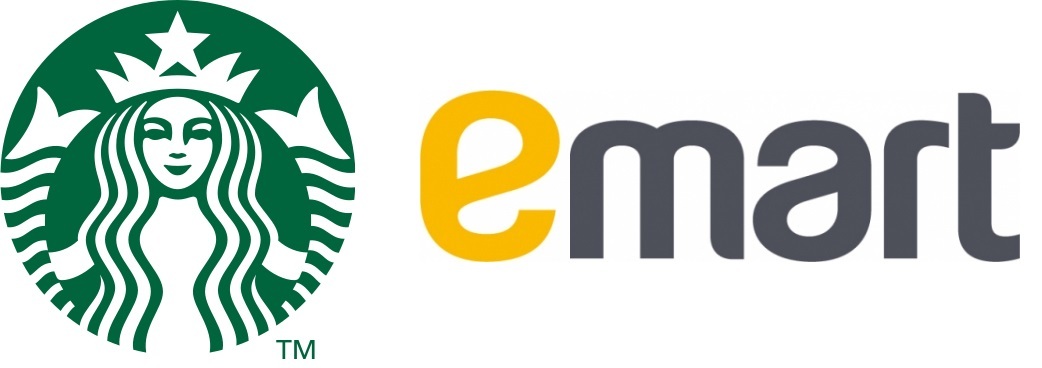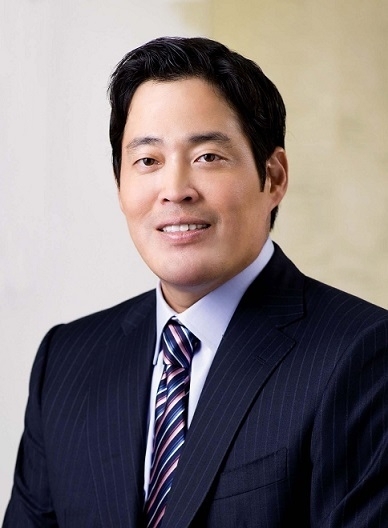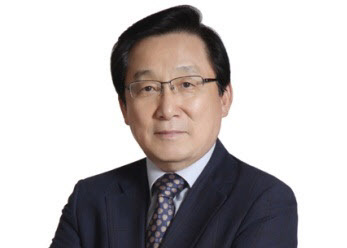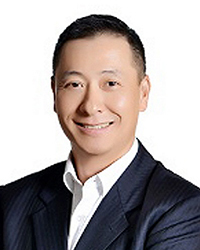[News Focus] Will bond between Starbucks and Shinsegae last?
Despite denials, market speculations persist over future of decades-old joint venture
By Jo He-rimPublished : Sept. 6, 2020 - 17:06

Since the launch of its first store in Seattle in 1971, Starbucks Coffee has grown into an empire, making forays into more than 80 countries to operate some 30,000 stores across the globe.
In South Korea, the coffee giant introduced its first store in front of Ewha Womans University in Seoul in 1999 in partnership with Shinsegae Group, a Korean retail conglomerate.
Shinsegae initially acquired the operation license from Starbucks, and Shinsegae’s hypermart affiliate Emart and the coffee chain later established a 50:50 joint venture Starbucks Coffee Korea in December 2000.
Their bond has since propelled a boom in the coffee industry, introducing a new coffee culture to the market that was previously dominated by instant coffee mix and table service.
Expanding its presence over the past two decades, Starbucks Korea is on a roll.
In 2019, the coffee chain maintained its top position while breaking its own record of annual sales at 1.87 trillion won, up 22.8 percent on-year. The company also announced an operating profit of 175.1 billion won, up 22.6 percent, far above local or other multinational competitors.

The performance of Starbucks Coffee Korea, however, has led to speculation that the time may have come for Starbucks Coffee to take over the joint venture, as this is the expansion strategy the coffee chain has taken in other target markets.
Starbucks’ successful entrance and settlement in the many countries it operates in basically started from establishing a partnership with local companies, often in the form of joint ventures. The coffee giant then purchases the rest of the shares from its partners to fully acquire its local corporate.
That has been the case in neighboring countries. In 2017, Starbucks International acquired its East China joint venture, paying $1.3 billion to its partners Uni-President Enterprises Corporation and President Chain Store Corporation. The joint venture was first founded in 1997, and the acquisition came in time to mark the 20th year of the partnership.
Starbucks Coffee Japan was also wholly passed on to Starbucks in 2015, when it paid $913.5 million to its partner firm Sazaby League in Japan -- also two decades after the joint venture was first established in 1995.
So the rumor has spread that the relationship between Shinsegae and Starbucks would also follow suit, as it was reported last year that the 20-year supply contract was due to end around the end of 2020.
A series of events also fueled the speculation over their separation. In March 2019, Starbucks Coffee Korea CEO Lee Seock-koo stepped down after 11 years in the job.

Two months after new chief Song Ho-seop, also known as David Song, came in, the company also moved its headquarters, from the Westin Chosun Hotel in Seoul, operated by Shinsegae, to State Tower Namsan, which is owned by Mirae Asset Global Investment Co. a South Korean brokerage firm.
Song’s appointment was also seen as distantiation, as Song had never worked with Shinsegae before joining Starbucks in 2018, unlike his predecessors. Lee, who started his career at Samsung Group, moved to Shinsegae in 1999 and had been appointed to head Starbucks Coffee Korea in 2007.

Shinsegae‘s Emart however, has firmly dismissed the rampant speculations.
”Starbucks Korea is a joint venture. In other words, there is no contracted period or a license,“ an Emart official told The Korea Herald, explaining that the reported contract is soley on supply -- on purchasing coffee beans and food items from Starbucks International.
“The contract is not something that can make a difference (in the joint venture status),” the official said.
The official also said the company is not looking into giving up its shares of the joint venture, and that the rumors came from misunderstandings.
Shinsegae Group recently appointed the former Starbucks Coffee Korea CEO Lee to head Jaju, a lifestyle brand, that has recently become an independent business unit inside Shinsegae International.
In appointing Lee, 71, Shinsegae said it viewed his achievements made while leading Starbucks Coffee Korea for the past 11 years highly.
With Lee in command, Korea became the first country that the global coffee chain introduced its mobile app, Siren Order, through which customers can place orders, in 2014.
Starbucks Coffee Korea was also the first to present the automated clearing system for drive-thru orders, My DT Pass, in 2018.
By Jo He-rim (herim@heraldcorp.com)







![[KH Explains] How should Korea adjust its trade defenses against Chinese EVs?](http://res.heraldm.com/phpwas/restmb_idxmake.php?idx=644&simg=/content/image/2024/04/15/20240415050562_0.jpg&u=20240415144419)












![[Today’s K-pop] Stray Kids to return soon: report](http://res.heraldm.com/phpwas/restmb_idxmake.php?idx=642&simg=/content/image/2024/04/16/20240416050713_0.jpg&u=)